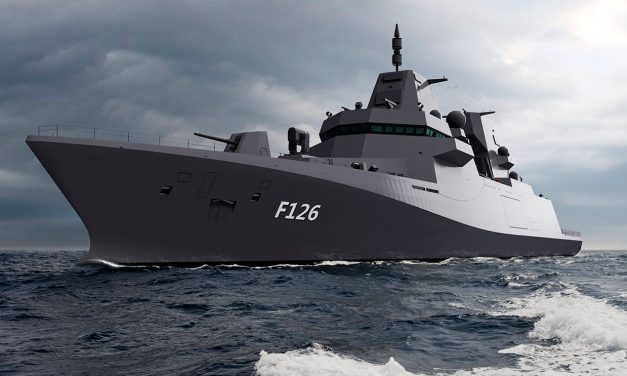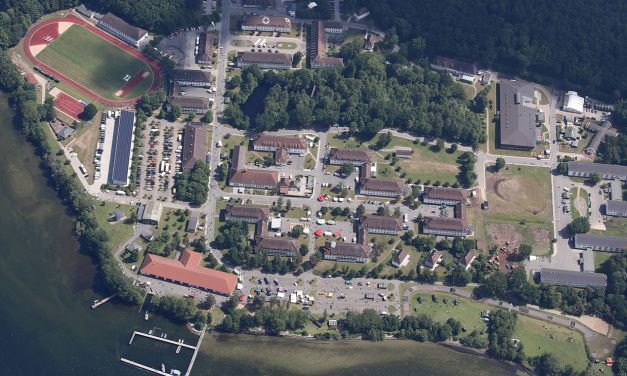Submarines International: Strong together
A successful German-Italian partnership began with the construction of the submarine class 212A. Portugal is now also benefiting from the advantages of the trinational partnership. 25 years ago, on 22 April 1996, Germany and Italy signed a Memorandum of Understanding (MoU) to mark the beginning of a far-reaching partnership in the field of submarines. The aim was not only to build the pioneering U 212A class submarines as successors to the German 206 class and the Italian Sauro class. Even at this time, the joint vision extended far into the future. Following the procurement phase, the MoU was extended on 2 September 2002 by a supplement...
Weiterlesen






Latest comments